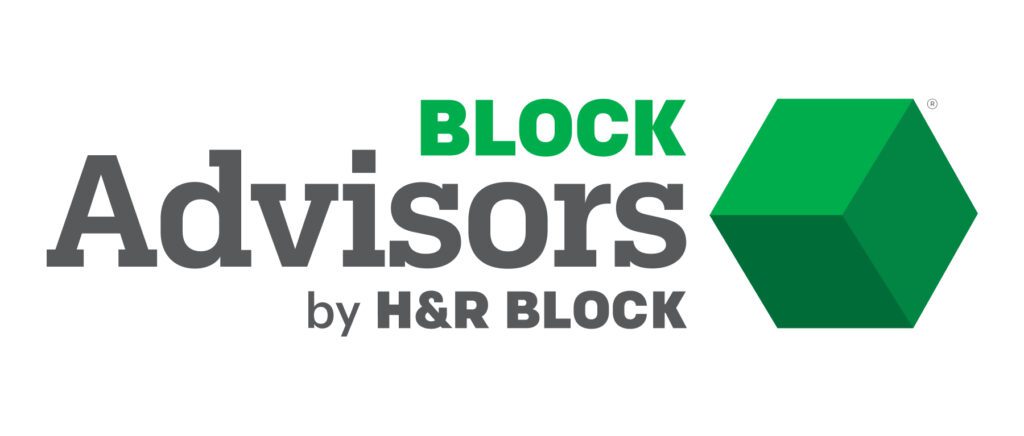Protect yourself with a Limited Liability Company (LLC)
8 min read
January 19, 2025 • Carl Breedlove
There are many positive aspects to operating as a Limited Liability Company (LLC). One of the most important is that, unlike sole proprietorships and partnerships, an LLC can provide limited liability for a business owner. This means that, in many cases, your personal assets, such as your car, home, or bank accounts, are protected if your LLC company faces bankruptcy or a lawsuit. However, this protection can be lost if you don’t take certain steps. Forming a corporation can provide similar liability protection, but this article will focus on LLCs.
Register your Small Business LLC today
Our Business Formation tool makes it quick and simple
Preserving limited liability: steps to take to protect yourself

When you form an LLC, you create an entity separate and distinct from you as an individual. It is important to know that an LLC’s limited liability protection can be lost. If the lines between you as an individual and the LLC business are blurred, you also risk your limited liability status.
Here are some steps you can take to maintain the dividing line between you as an individual and your LLC business:
1. Register your business as a Limited Liability Company
The first step is often to register the LLC as a distinct entity. Different states have different registration processes and requirements. Typically, an LLC company should be registered where the business conducts its business activities.
2. Have and follow an LLC operating agreement
Having an LLC operating agreement will help you maintain the limited liability shield. Creating an operating agreement is one of the first things individuals often do when starting a business. It is an important document used by LLCs to outline how decisions will be made, such as how the business elects to be taxed. It also includes other rules and regulations for the business. Creating an LLC operating agreement— and following its decision-making procedures—can be a helpful tool to help maintain the LLC as an entity separate from its owner.
3. Maintain separate bank and financial accounts
One way the lines between you and your Limited Liability Company can get blurred is by co-mingling your personal funds with business funds. Use separate bank accounts and credit cards for yourself and the business. It will help you separate your personal finances from those of your business. This also applies to payment apps like Venmo and PayPal.
In addition, keep complete financial records of your income, expenses, assets, and liabilities. That will help you and the business remain at arm’s length. At tax time, you’ll be glad. You won’t have to dig through receipts to determine which expenses are business and which expenses are personal.
4. Use the Limited Liability Company to take business actions
There are many ways to do this, but here are a few possibilities to consider:
- Sign business documents using your LLC company title to indicate you are signing for the business.
- Enter contracts as the LLC. For instance, list the LLC rather than yourself individually as the party to the contract.
- Use the LLC to take out business loans.
- Hold any permits, registrations, and licenses in the LLC’s name.
- Use the LLC to purchase business property. Think vehicles or real estate. Register the LLC as the owner of the property when appropriate.
These things can help clarify that the Limited Liability Company is the party acting and not you in your own individual capacity.
5. Properly manage business use property
Use business assets for business and personal assets for personal purposes. Avoid mixing the two. This is another way to maintain the separation between the business and its owner. Is your LLC using property currently owned personally by you? Consider taking steps to formalize the business’s right to use that property.
For example, if the business uses the property permanently, consider transferring ownership to the business. This may also allow you to take advantage of some tax benefits. One potential benefit is depreciation if you convert the property to business property. Or, you can consider leasing the property to the business. If the property is going to be used by your business for a limited time, this may make sense.
Of course, a property transfer or lease may not be appropriate for all property types or in all situations. This is particularly true for property with significant value, such as vehicles or real estate. But it may still be worth considering. Remember that property transferred to the business generally should be viewed differently. Don’t use it personally once it becomes a business asset. Using business property for personal reasons could blur the line between the business and the individual.
6. Avoid personal guarantees when possible
Third parties like banks or creditors may ask you to make a personal guarantee for your business. New and smaller small businesses see this more often. A personal guarantee is your promise to take responsibility for a debt if the business fails to satisfy it.
You may regret it later if you make a personal guarantee on business debt. What happens if the business doesn’t have the assets to satisfy a debt? The creditor can go after your personal assets to pay the amount owed. If you are a new business owner, creditors may require a personal guarantee at first. But it is worth keeping in mind when possible. As your business grows, your creditworthiness is likely to grow as well. Then, avoiding personal guarantees on business loans will be easier.
Limits to the LLC liability shield
It’s important to know that the protection provided by a Limited Liability Company is not absolute. There are situations where you may not be protected as the individual owner.
Here are a few examples of when that may occur:
- Making personal guarantees.
- Acting negligently during the course of business.
- Committing fraud.
- Failing to withhold and/or deposit federal payroll taxes for employees.
- Failing to pay state taxes owed by the company in certain states.
Unfortunately, forming an LLC company will not protect you in any of the above situations.
Consider general liability insurance
Taking steps like the ones discussed in this article can help you. As a business owner, it is worth thinking about how to minimize the risk to your personal assets. But – as the name implies – limited liability protection is just that: limited. Business insurance can fill in the gaps to ensure your personal and business assets are covered.
Things happen. For example, maybe an employee gets into an accident, or a customer gets injured on the LLC’s property. Having the right liability insurance can help limit the risk for you and your business. There are other options in addition to general liability coverage. Look at an umbrella liability insurance policy and other policies that may be available. Insurance needs vary from business to business. It’s a good idea to consult an insurance professional to assess your liability insurance needs as your business grows.
Consult a business attorney
Laws vary from state to state. This article is intended to be informative. It is not a substitute for legal advice from an attorney. A business attorney can help. They review your business structure and arrangements, identify improvement areas, guide your decisions, and confirm that you’re legally on the right path.
Likewise, most states’ Secretary of State office offers resources for small business owners. This may include online information designed to help small business owners evaluate liability protection options – and possible requirements – for their specific circumstances.
Block Advisors is here to help
If you’re ready to protect your personal assets, Block Advisors Business Formation is here to help. It is a quick and easy way to get started forming your LLC. In just 10 minutes, you can enter your personal information and take the first step in formalizing your business.
If you have questions about small business taxes, bookkeeping, or payroll, we can help with that too. Block Advisors has helped millions of small business clients. You can rely on our Small Business-Certified tax pros to help you keep your business on track. Connect with a tax pro.
About the Author

Carl Breedlove is a Lead Tax Research Analyst at The Tax Institute, H&R Block and Block Advisors’ center of tax expertise. He specializes in small business, rental property, and state taxation. Carl is a graduate of the University of Missouri-Kansas City School of Law with Master of Laws (LLM) and Juris Doctor (JD) degrees.
This article is for informational purposes only and should not be construed as legal advice. You may want to seek the advice of an attorney to evaluate all relevant considerations.




